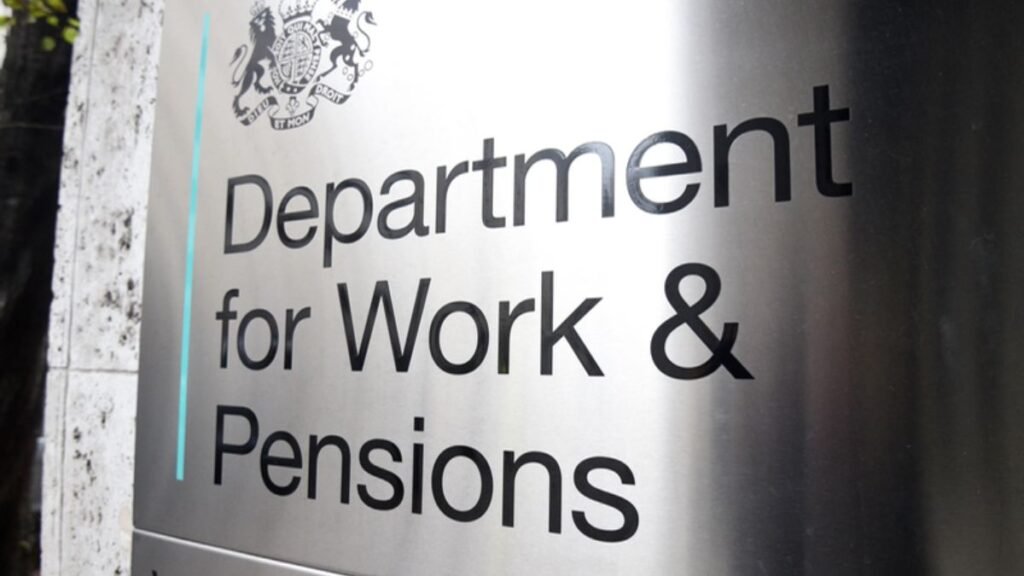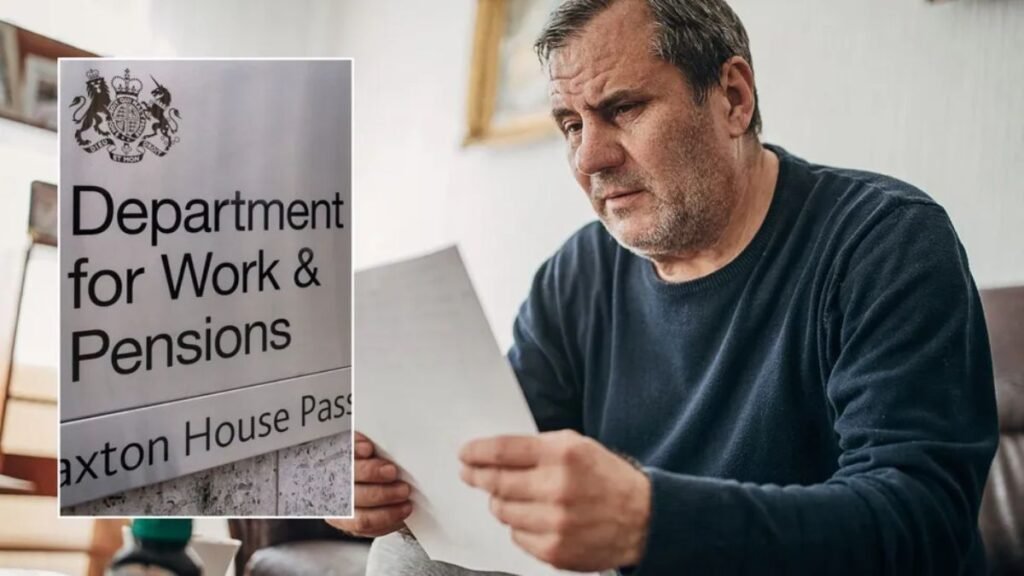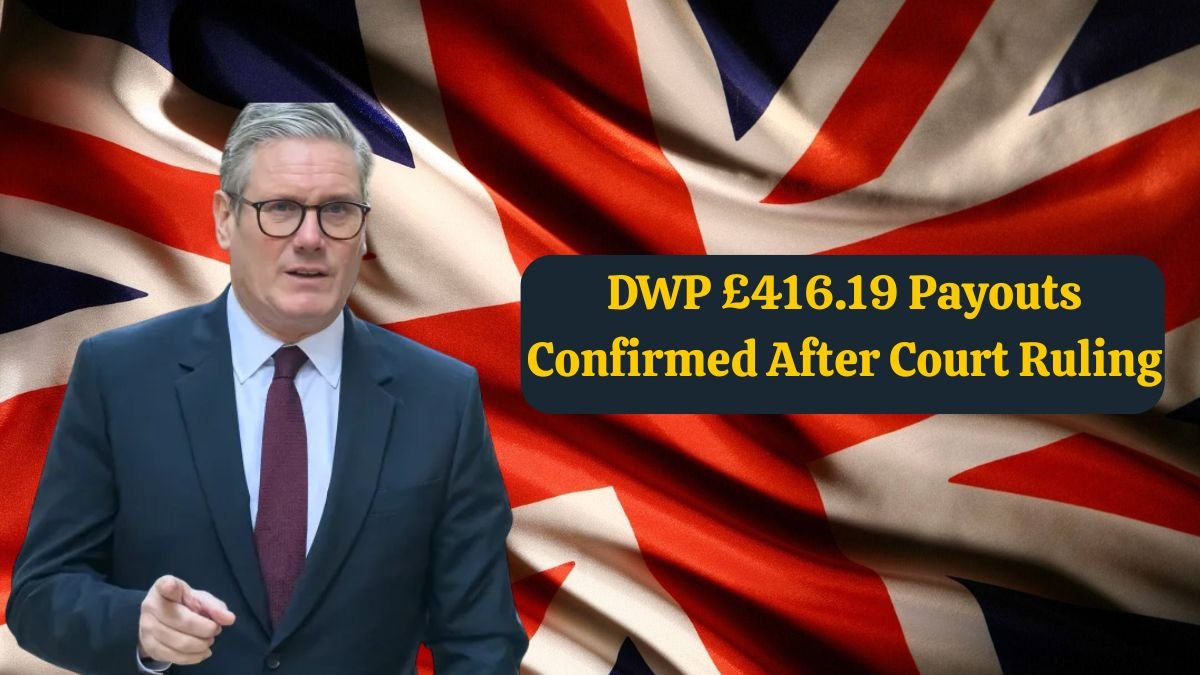The UK High Court has recently given a historic verdict that has brought relief to disabled citizens across the country. The court made it clear that the new disability benefit reforms implemented by the Department for Work and Pensions (DWP) were not only unjust but also against the law. This case is not only a symbol of a legal battle, but it also raises serious questions about the need for social justice and transparency.
What was the case in the court?
DWP had recently proposed changes in the benefits given to the disabled. Publicly, these changes were presented as an attempt to bring the disabled back into employment. But when the matter reached the court, it came to light that this entire process was just a cost-cutting plan.
DWP’s internal documents revealed that the real purpose of these reforms was to reduce government expenditure, not to help the disabled.
What does the court’s decision say?
While hearing this entire case, Mr. Justice Calver clearly stated that the DWP’s consultation process violates the basic principles of justice.
The court’s main points:
- The DWP presented the proposals in a misleading manner.
- Many important statistics and impact assessments were hidden.
- The public was not given the opportunity to respond with full information.
The court also clarified that the public consultation process for policy changes is not a formality, but a legal requirement—especially when the policies affect the most vulnerable sections of the country.
How big could the loss have been?
The information that came out from DWP’s own internal documents was really shocking:

- 4.24 lakh disabled people could have lost their benefits.
- About 1 lakh people could have reached a state of absolute poverty.
- Some beneficiaries could have lost £416.19 or more every month.
The DWP never shared these facts publicly. Instead, the government described these reforms as “empowering”, which proved to be completely misleading and untrue.
What was DWP’s intention?
Originally, DWP said these changes would encourage people with disabilities to work. But documents presented to court made it clear that they had no concrete evidence that these reforms would lead to an increase in employment rates.
Instead, it became clear that this was all part of an economic balancing act, in which the government turned people with disabilities into “cost-cutting tools”.
What happens next?
This court decision does not immediately repeal DWP’s policies, but it does mean that the legal foundations of these reforms have now been shaken.
Possible consequences:
- New legal challenges against DWP may arise.
- Pressure will mount on the government to restart a transparent and fair consultation process.
- Existing proposals may face major changes or even a complete withdrawal.
Organisations such as Inclusion London and the Public Law Project are already calling for an inclusive policy process that prioritises the views of people with disabilities themselves.
Widening impact: questions about policy, not just disability
This case is not just about benefits for people with disabilities. The court’s decision questions the entire welfare policymaking system.

It sends a clear message that when the government makes policies, it must prioritise justice, transparency and factual evidence.
Union and public opinion:
The Public and Commercial Services Union (PCS) and other civil service unions have strongly criticised the reforms, saying:
- Small benefit cuts will not solve the shortcomings of the welfare system.
- The government should not make disability a “budget balancing tool”.
- Effective reforms require fundamental facts and inclusive ideas.
Public attitude and government accountability
After this decision, a debate has started among the general public as to whether the government’s expenditure-cutting measures are being taken at the cost of social justice?
Should the objective of a policy be only to balance the budget, or should it also have humanity and justice?
This decision has raised a serious question on the government’s accountability and forced us to think about the direction of policy making.
Conclusion
This decision is not just a legal victory, it is the voice of thousands of disabled people who are often ignored. The loss of £416.19 per month, the growing threat of poverty, and confusing policies – all these remind us that welfare schemes are not just statistics, they are related to people’s lives and dignity. This defeat of DWP teaches us that there can be no agenda bigger than truth, transparency and humanity.
FAQs
Q1. Why was the DWP taken to court over disability benefit reforms?
A. The DWP faced legal action because its consultation process was found to be misleading and unfair. Internal documents revealed the true motive behind the reforms was cost-cutting. The court ruled that the consultation did not meet legal standards of transparency.
Q2. How much money could disabled claimants lose due to these reforms?
A. According to internal DWP projections, some disabled individuals could lose over £416.19 per month. The reforms risk pushing nearly 100,000 people into absolute poverty. These numbers were hidden from the public during the consultation.
Q3. What did the High Court decide about the DWP’s actions?
A. The court ruled that the DWP acted unlawfully by withholding vital information and misleading the public. It emphasized that consultation must be meaningful and inclusive. The judgment exposes a lack of fairness in how the reforms were handled.
Q4. Will disabled people immediately get their benefits back after the ruling?
A. The ruling doesn’t automatically reverse the cuts or reinstate lost benefits. However, it opens the door for further legal challenges and policy reviews. Advocates are pushing for a new consultation that truly considers disabled voices.
Q5. What broader message does this ruling send about welfare policies?
A. The court’s decision highlights the importance of fairness, evidence, and transparency in policymaking. It warns against targeting vulnerable groups for cost-saving measures. Welfare reforms must prioritize dignity and support, not just budget cuts.


